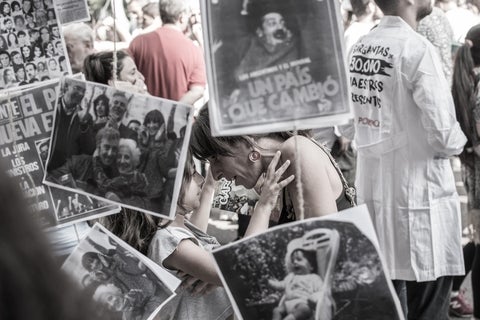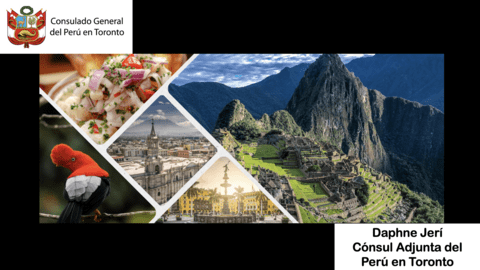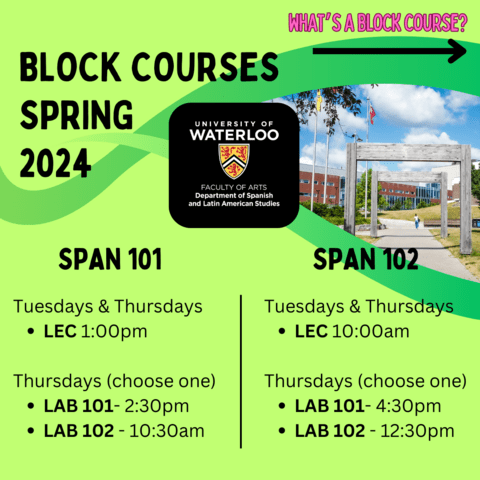
Welcome to Spanish and Latin American Studies
Our programs examine the diverse societies of Latin America and Spain through a de-colonial lens to explore and make sense of the experiences of the peoples of the region.

Three fundamental questions structure this inquiry:
- How are gender, class, and ethnicity constructed in Latin America and Spain?
- How do these constructions intersect with structures of power? How is power contested and resisted?
- How are people building more tolerant and more inclusive societies?
We address these issues in cultural studies courses (taught in English) and Spanish language courses (taught in Spanish).
Learn about the culture
Cultural production reflects and critiques society. Our interests range from the study of novels, comics, film, poetry, music, art, performance, digital and traditional mass media, documentaries, etc. from representative authors and creators to the study of everyday social interactions to understand and question the values and practices that structure Latin American and Spanish societies.
Learn the language
At the same time, language always plays a central role in the construction of social relations and identity. Language mediates our relationship to the world; it is a way to make sense of it and to organize it. Spanish is the most widely spoken language in Spain and was imposed through conquest and colonization on what we now know as Latin America to structure the social, political, and spiritual lives of the region. It is the main linguistic force shaping Spanish and Latin American societies.
News
Call for research participants!
Call for research participants:
- Study on learning Spanish as a second language.
- Study on learning Spanish as a third language.
Member of Peruvian Consulate visits Waterloo
The Spanish and Latin American Studies Department welcomes Daphne Jerí, a member of the Peruvian Consulate/Consulado General del Perú en Toronto on Wednesday, April 3, 2024.
Not sure what classes to take for the spring?
SLAS will be running two block courses, SPAN 101 and SPAN 102, for the spring term! Not sure what a block course is and why it could benefit you? Click here for more info.

